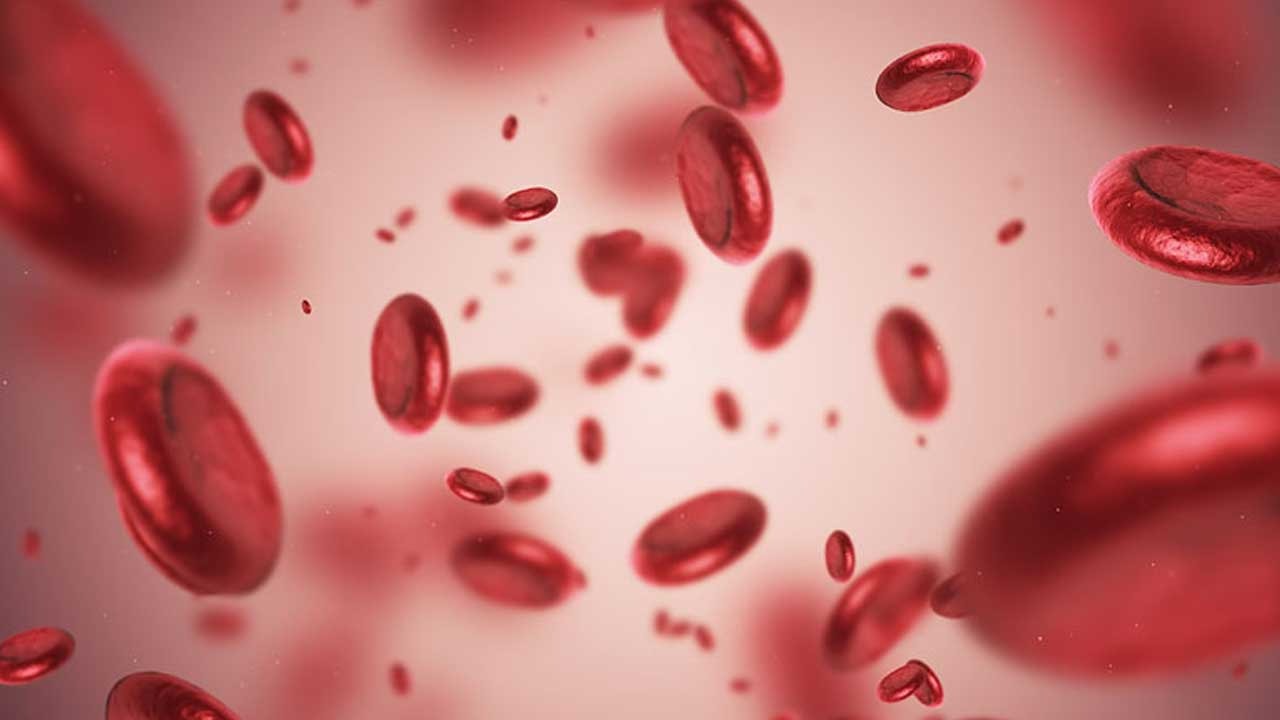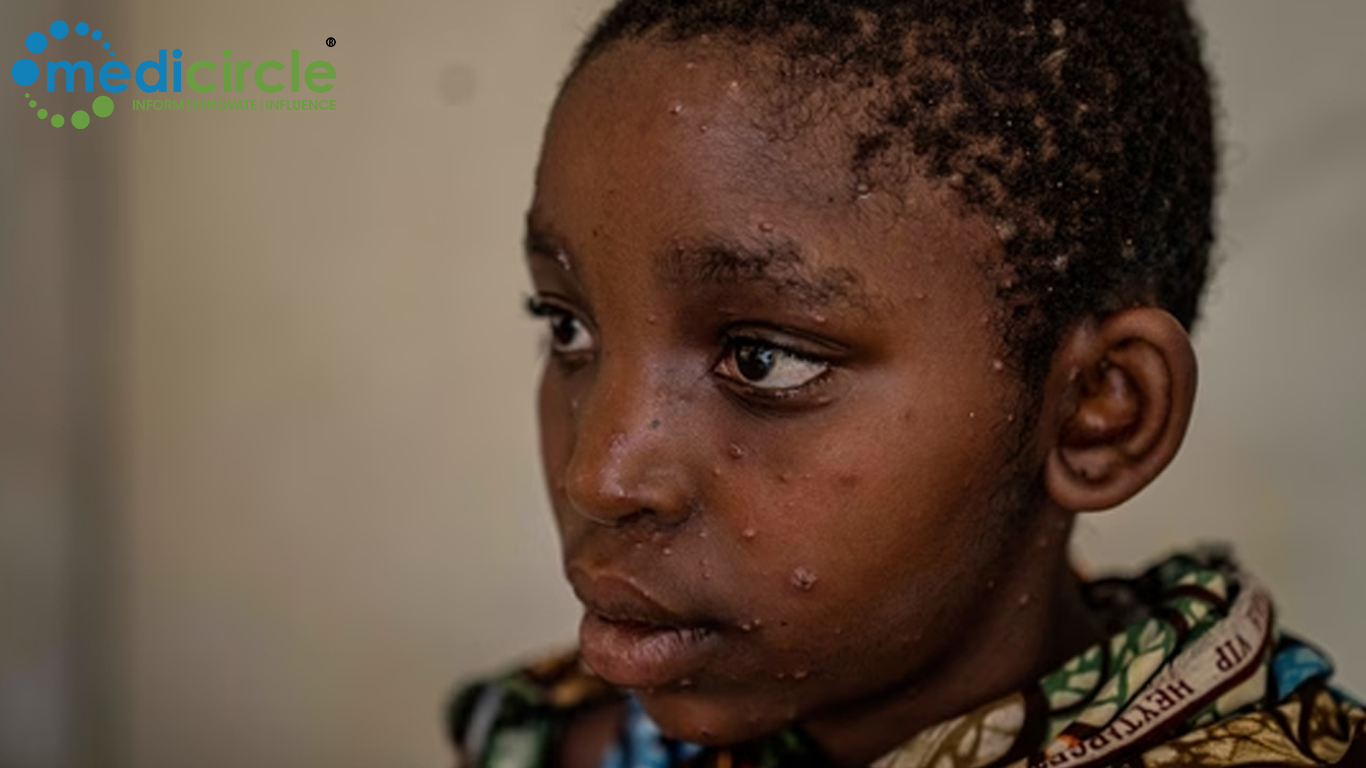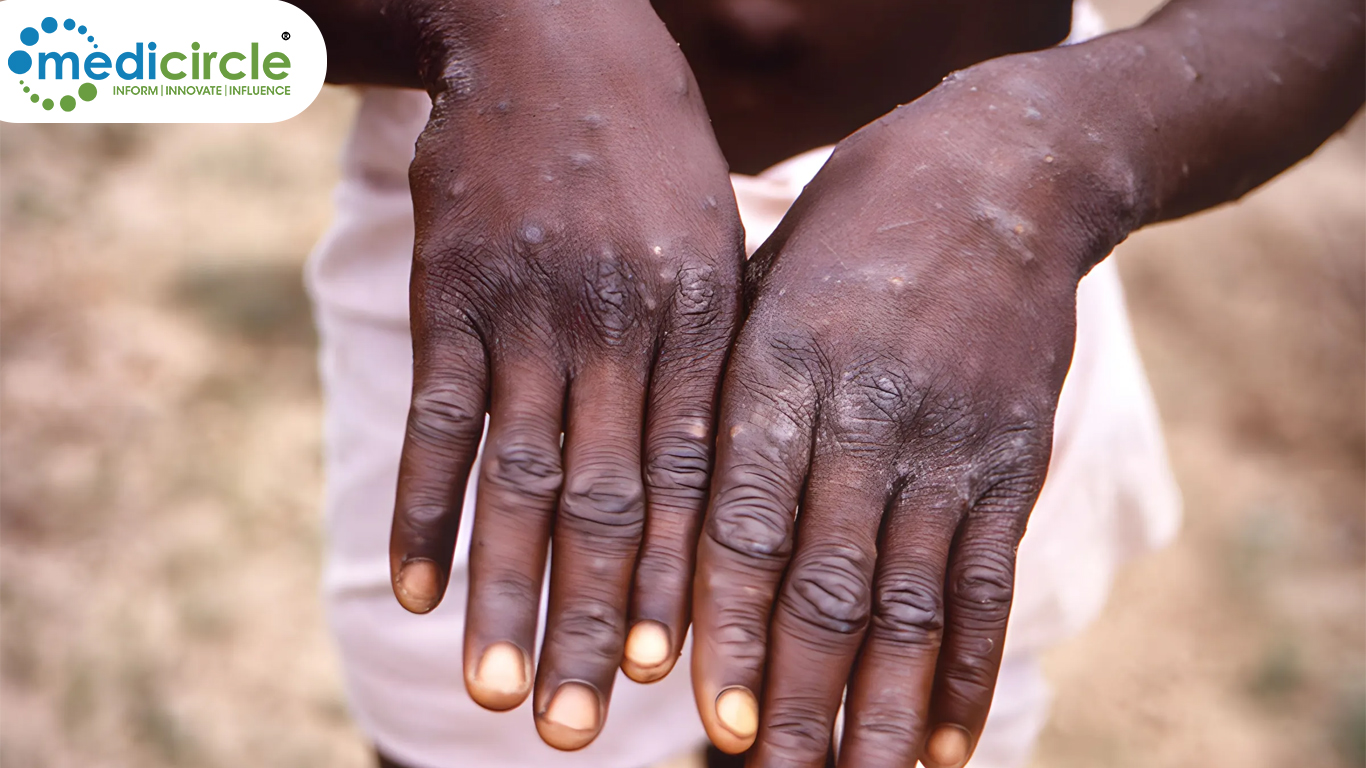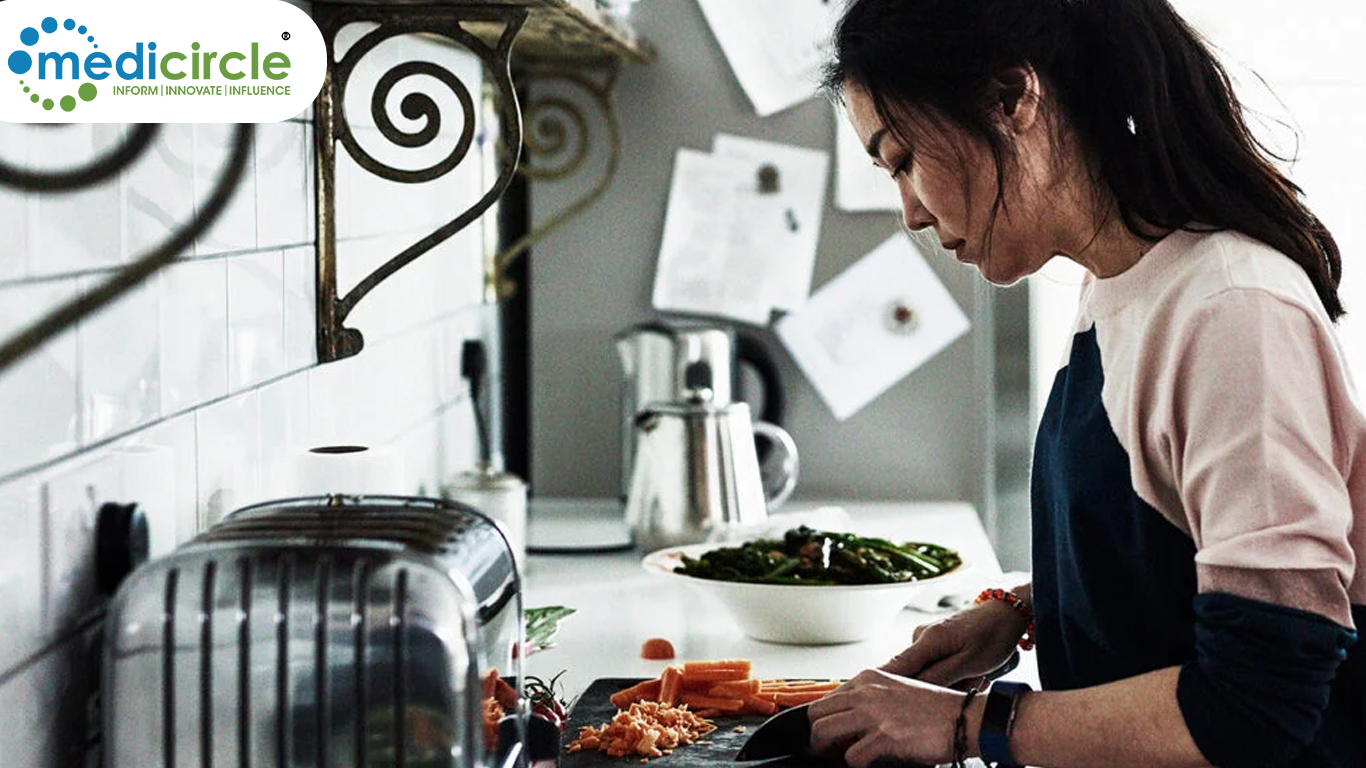Anemia is a medical condition in which red blood cell count or hemoglobin is less than normal level. In men, RBC count is less than 13.5gm/100 ml and in women 12 gm/100 ml is considered as an anemic condition. It is caused by a decrease in the production of RBC or an increase in the destruction of RBC.
Signs of Anemia
Feeling tired Dizziness Headache Pale appearance Shortness of breathCauses of Anemia
Loss of blood – Traumatic injury, surgery bleeding, colon cancer. Nutritional deficiency – Iron, vitamin B12, folate Bone marrow problems – kidney failure, suppression of chemotherapy drugs, replacement of bone marrow by cancer. Abnormal hemoglobin – Sickle cell anemia.Iron is one of the important components of hemoglobin. Red blood cells are comprised of hemoglobin that helps blood carry oxygen to a different part of the body. If a body is deficient in iron content, it cannot make hemoglobin. And the insufficient amount of hemoglobin leads to anemic conditions.
Daily iron needs
Infants – 0-6 months – 0.27 mg 7-12 months – 11 mg Children – 1-3 years – 7 mg 4-10 years – 10 mg Adults – 9 – 13 years – 8 mg 14-18 years – 11 mg for males and 15 mg for females 19 and above – 8 mg for males and 18 mg for females Pregnancy – 27 mg Breastfeeding mothers (14-18 years) – 10 mg Breastfeeding mothers (older than 19 years) – 9 mgTreatment
For anemia treatment, first, we need to identify the real cause of anemia. Along with diet modification (consuming an iron-rich diet), iron supplements are needed sometimes to correct iron deficiency. Vitamin B12 injections will be required for patients with pernicious anemia.
Foods that are rich in iron
Vegetables - Leafy greens such as broccoli, spinach, kale, turnip greens, and collards, potatoes with the skin, lima beans, green peas, and all other beans. Fruits - Dried apricots, dried figs, raisins, prunes, and prune juice. Nuts and seeds - Nuts and seeds such as peanuts, cashews, sunflower seeds, walnuts, almonds, etc.Others - Iron-fortified whole-grain bread, pasta, rice, and cereals.
Food - Food interaction
Foods and beverages that are high in vitamin C will increase iron absorption. So, orange juice (without calcium) is a good beverage to use when taking an iron supplement or eating foods that are high in iron. Foods that are high in calcium will decrease iron absorption. So, do not take an iron supplement or eat high-iron foods with milk. Also, make sure that your orange juice is NOT calcium-fortified if you are going to take your iron with orange juice. Coffee, tea, and cola will decrease iron absorption. So, do not take an iron supplement or eat high iron foods with coffee, tea, or cola. Calcium in supplements will decrease iron absorption. So, do not take an iron supplement or eat high iron foods at the same time as calcium supplements.Anemia may be genetic. Hereditary disorders create abnormal hemoglobin and can shorten the life span of the red blood cell and lead to anemia (sickle cell anemia). Hereditary disorders can also cause anemia by impairing the production of normal hemoglobin (Alpha and beta-thalassemia).

 Anemia is a critical medical condition that needs to be corrected for a proper supply of oxygen to various parts of the body. Insufficient supply of oxygen will lead to various other health problems
Anemia is a critical medical condition that needs to be corrected for a proper supply of oxygen to various parts of the body. Insufficient supply of oxygen will lead to various other health problems








.png)
.png)










.jpeg)


.jpeg)



.jpeg)
.jpeg)






.jpeg)





